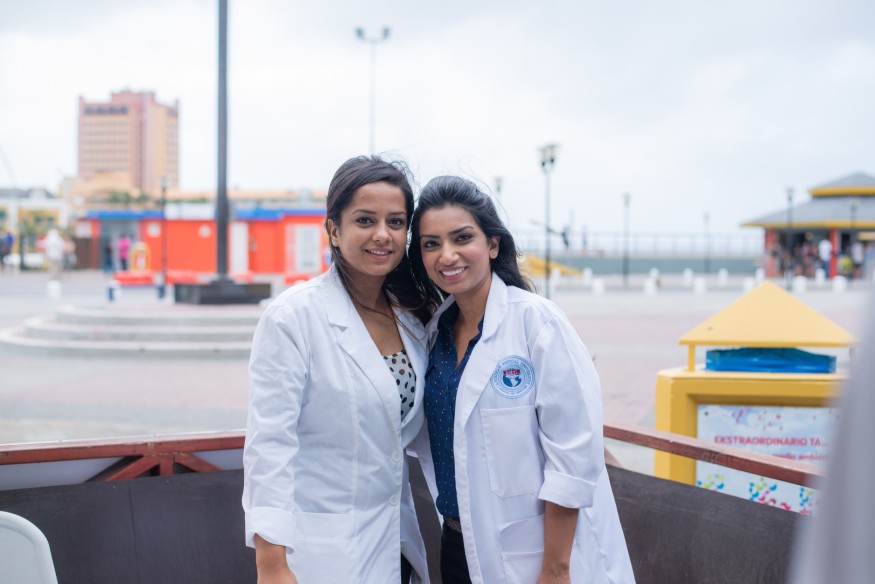
Starting medical school represents one of life's biggest decisions—it sets the course for a lifelong career in medicine. Most people thinking about becoming doctors in the U.S. or Canada imagine highly competitive admissions and demanding study schedules. But let's look into another option: Caribbean medical programs.
Introduction to Caribbean Medical Education
Medical schools in the Caribbean have carved out their own niche in the education world. They've become a solid option for students who want to become doctors but might not fit the traditional mold of domestic programs.
These institutions maintain rigorous global academic standards that are essential for a medical career. Still, their admission processes tend to be more accessible compared to domestic institutions, where thousands of qualified applicants face rejection annually.
Here's how it works. You spend your first couple of years learning the fundamentals on the island. Subsequently, you transition to affiliated hospitals in North America for clinical training. Upon completion of the program, you are prepared to undertake licensing examinations and apply for residency positions.
What Is Academic Life Like in the Caribbean
The beautiful tropical location doesn't diminish the rigorous educational requirements and thorough curriculum standards.
Students engage with core medical disciplines such as physiology, pharmacology, and pathology. They're working in two professional environments: the classrooms and laboratories.
An accelerated three-term yearly format increases study intensity while maintaining academic excellence and allowing for expedited program completion. Small groups create opportunities for meaningful mentor relationships and reviewing academic material.
Life Beyond Lectures — Community, Connection, and Collaboration
Studying is not only about learning. The connections you build make essential academic partnerships and form your first professional networks.
Student life establishes its own unique rhythm and social framework. Learning circles form spontaneously, providing students with collaborative spaces to share knowledge and reinforce key medical concepts.
Participants come from various nations and cultural traditions. It definitely adds value to medical conversations while strengthening the complete educational journey.
Building a Future — Opportunities Beyond the Classroom
Completing medical school marks only the start of your professional path. The crucial consideration then becomes planning your next career steps effectively.
Caribbean universities have established structured pathways to help their alumni enter North American medical practice. These institutions collaborate with healthcare facilities throughout the United States and Canada. That's how they provide rotation placements that introduce you to clinical settings where you might eventually complete residency training and build your medical career.
Preparing for licensing exams becomes a major focus. Schools like Caribbean Medical University have developed comprehensive preparation programs for tests, such as the USMLE. These exams determine whether you can practice medicine in the United States.
CMU Med, located on the gorgeous island of Curaçao, exemplifies what makes Caribbean medical education work. Their program follows American medical school standards while taking advantage of the unique island setting. Students complete their basic sciences surrounded by Caribbean culture, then transition to clinical training at affiliated hospitals throughout North America.
© 2026 NatureWorldNews.com All rights reserved. Do not reproduce without permission.





